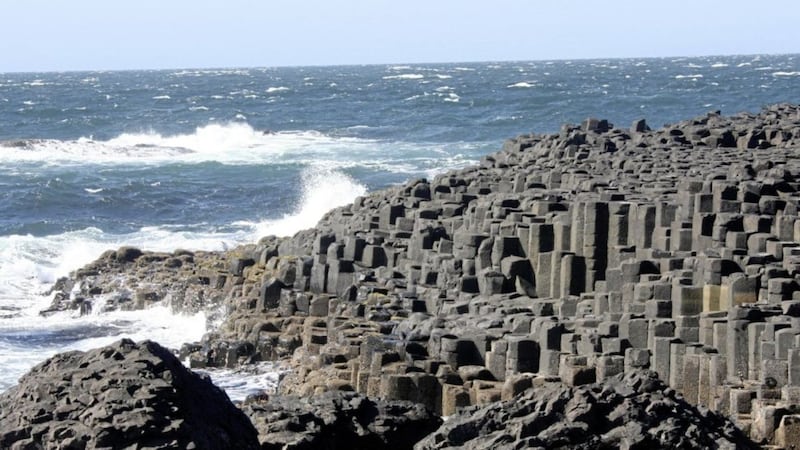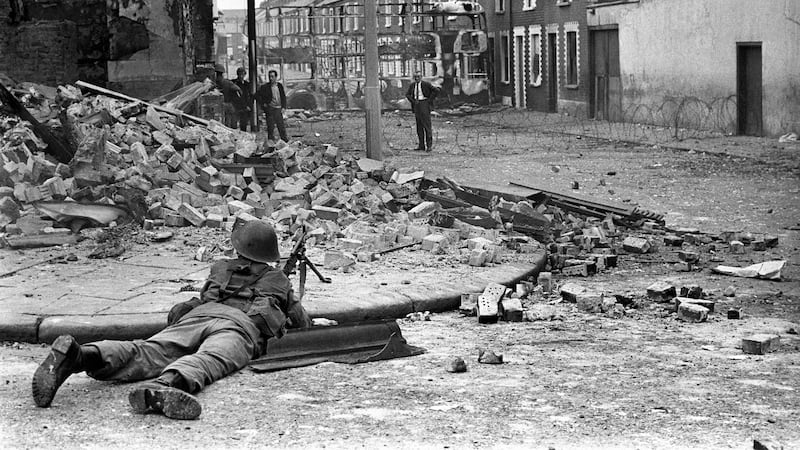More than half the electorate of North Antrim cast their votes for sitting DUP MP Ian Paisley in 2017.
While in normal circumstances that would appear to be an unassailable majority, recent controversy surrounding Mr Paisley could impact on the vote.
Since the last general election, Mr Paisley has been the subject of a House of Commons suspension over visits to Sri Lanka. The Commons Standards Committee recommended a 30-day suspension over his failure to register the visit which was paid for by the Sri Lankan government.
The move subsequently led to his suspension from the DUP before he was re-admitted to the party in November 2018. However, he survived a move to force a by-election over the matter which fell when it failed to attract the required number of MPs’ votes to proceed. The December poll, therefore, provides the North Antrim electorate with their first opportunity to voice an opinion on their MP.
The Ulster Unionist Party believes Mr Paisley has been damaged and has selected one of their biggest names to oppose him. Newly retired UUP leader, Robin Swans has taken up the challenge.
However, based on the 2017 election results, it would appear he has a major mountain to climb. The DUP won 59 per cent of the vote, the UUP candidate, Jackson Minford came in third behind Sinn Féin on just 7.2 per cent.
While the UUP will be trying to capitalise on Mr Paisley’s discomfort, they will also be hoping to pick up a share of the Traditional Unionist Voice’s 2017 vote after the TUV announced it would not contest the election.
The party said: “TUV will sit out this single-issue election. The pan-republican, pro-Remain assault on unionist seats calls for a country before party response.”
On the nationalist/republican end of the constituency, the SDLP has put forward a new general election name in Margaret Anne McKillop who replaces former party candidate and veteran electoral candidate, Declan O’Loan. A native of Cushendall, the mother-of-three has been a member of Causeway Coast and Glens Borough Council since 2011.
With North Antrim certain to go to a unionist, the nationalist interest will be in who will come out top between the SDLP and Sinn Féin. In 2017, bragging rights lay firmly with Sinn Féin who took 16 per cent of the vote. Their 2017 candidate, Cara McShane will again represent the party against the SDLP who finished last two years ago.
While Brexit is likely to be a factor – particularly among nationalist/republican voters – other issues are likely to feature heavily on voters’ minds. North Antrim has suffered a series of devastating job losses in recent years. In January, JBD Electrical Engineering went into administration.
In October the constituency was crushed by the announcement that Wrightbus was placed in administration with the loss of around 1,200 jobs. The company has since been taken over by new owners but the road to economic recovery will be a long one. Canvassers from a number of parties say North Antrim’s economy has been a bigger factor in this election than in previous polls.
2019 CANDIDATES
Margaret Anne McKillop (SDLP)
Cara McShane (SF)
Patricia O'Lynn (All)
Ian Paisley (DUP)
Stephen Palmer (Ind)
Robin Swann (UUP)
2017 SHARE OF VOTE
DUP – 58.9%
SF – 16.3%
UUP – 7.2%
TUV – 6.8%
ALL – 5.6%
SDLP – 5.3%
Electorate: 76,022
Majority: 20,643








